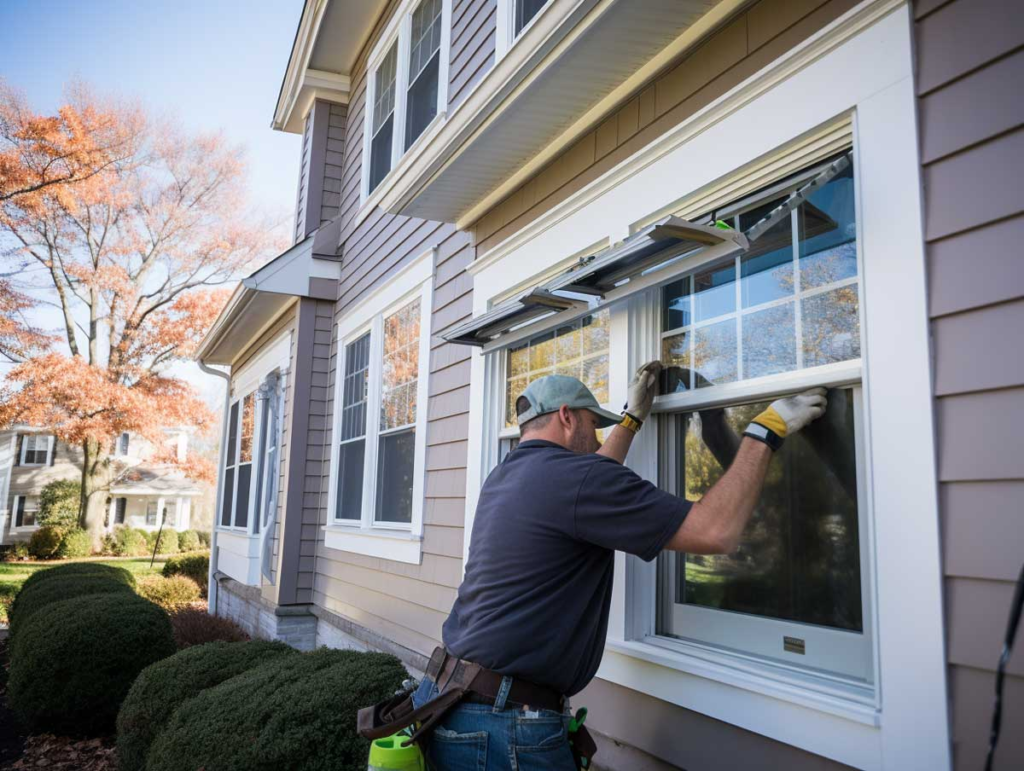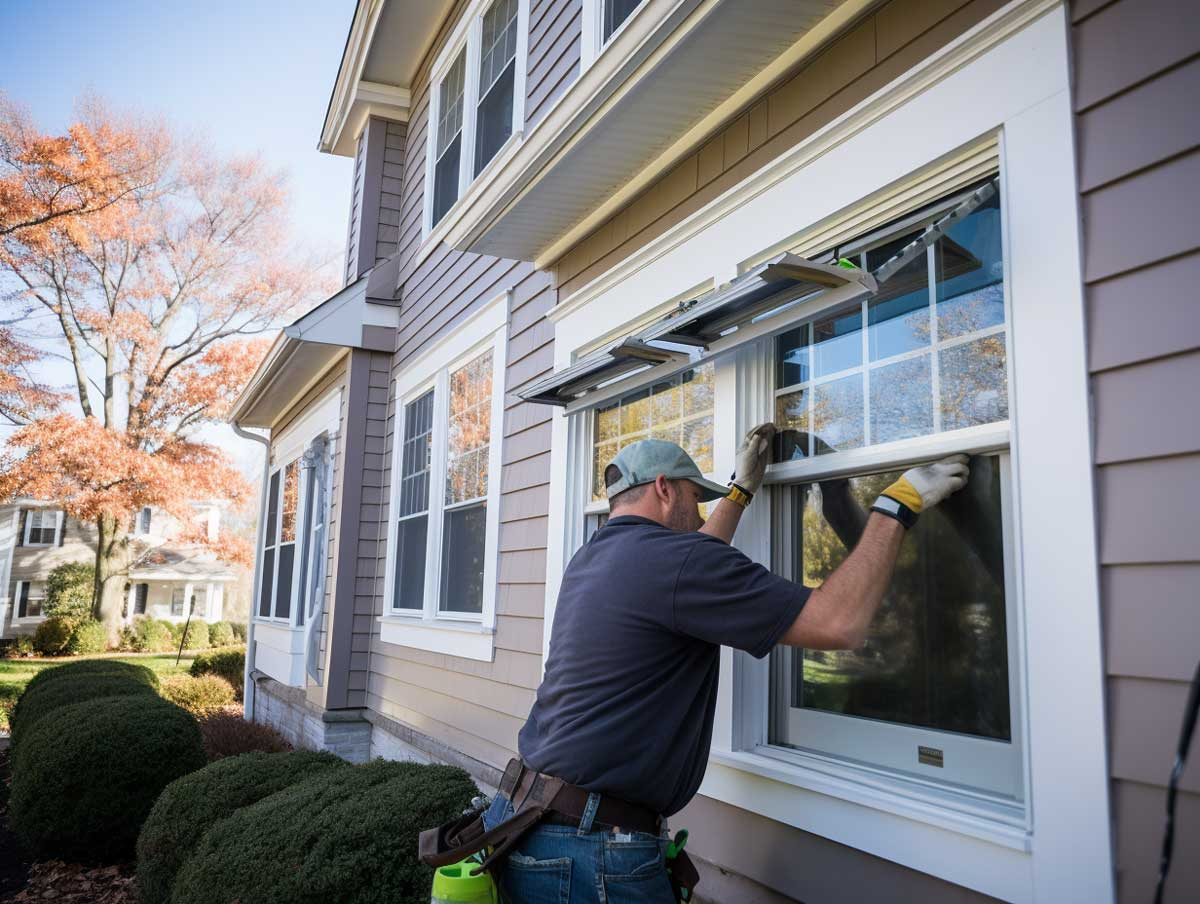Grants for windows and doors from government 2023 uk- The allure of transforming your home with energy-efficient windows and doors while potentially receiving government support is undoubtedly enticing. However, navigating the complex landscape of grants and schemes can be overwhelming. This article aims to demystify the process, providing a comprehensive overview of available options and eligibility criteria.
The Reality of Window and Door Grants
While there isn’t a dedicated government grant specifically for window and door replacements, several schemes can indirectly contribute to these home improvements. These initiatives primarily focus on enhancing energy efficiency, reducing carbon emissions, and supporting vulnerable households.
Key Government Schemes to Consider
Home Upgrade Grant (HUG2): Launched in 2023, HUG2 is a significant scheme offering substantial funding for energy-efficiency measures, including double glazing. Primarily targeting low-income households off the gas grid with poor energy efficiency ratings, HUG2 can provide substantial support for window replacements.
Energy Company Obligation (ECO): ECO is a government-backed scheme that obliges energy suppliers to help low-income households reduce energy consumption. While not directly offering grants for windows and doors, ECO funding can cover installations as part of broader energy efficiency projects.
Local Authority Discretionary Schemes: Some local authorities operate discretionary grant programs to support residents with home improvements. These schemes often prioritize energy efficiency and may include funding for window replacements.
Eligibility Criteria and Application Process
Eligibility for these schemes typically hinges on factors such as:
Income: Demonstrating a low income is often a prerequisite.
Energy Efficiency Rating: Homes with poor Energy Performance Certificates (EPCs) are often prioritized.
Property Type: Certain property types, such as social housing or owner-occupied homes, might be eligible.
Geographic Location: Some schemes are restricted to specific regions or local authorities.
The application process varies depending on the scheme. It usually involves:
Assessing eligibility: Determining if you meet the scheme’s criteria.
Obtaining quotes: Gathering estimates from approved installers.
Submitting an application: Completing the necessary paperwork and providing required documentation.
Additional Considerations
Energy Performance Certificates (EPCs): Understanding your home’s EPC rating is crucial. Improving it through window replacements can lead to substantial energy savings.
VAT Relief: You might be eligible for VAT relief on materials and installation costs if your home meets specific energy efficiency standards.
Green Deal: While the Green Deal scheme is no longer available for new installations, understanding its principles can be beneficial.
Seeking Professional Advice
Given the complexities involved, seeking guidance from energy efficiency experts or your local council is advisable. They can provide tailored information, assist with applications, and connect you with approved installers.
The Future of Window and Door Grants
The government’s commitment to energy efficiency suggests that support for home improvements, including window and door replacements, may continue. Stay updated on policy changes and explore emerging schemes to maximize potential benefits.
Disclaimer: The information provided in this article is intended as a general guide and does not constitute financial or legal advice. It is essential to consult with relevant authorities and professionals for personalized guidance based on your specific circumstances.
By understanding the available options, eligibility criteria, and application processes, you can increase your chances of securing financial support for your window and door replacement project and contribute to a more energy-efficient home.

FAQs
Grants for Windows and Doors in the UK: A Comprehensive Guide
Understanding the Landscape
Q: Are there government grants for windows and doors in the UK in 2023?
A: While there aren’t direct grants specifically for windows and doors, the UK government does offer schemes that can indirectly help with the cost of energy-efficient home improvements, including new windows and doors. These schemes are primarily targeted at low-income households and those living in energy-inefficient homes.
Q: What kind of grants are available for home improvements in the UK?
A: The primary schemes to consider are:
Home Upgrade Grant (HUG2): This provides funding for energy-efficient improvements, including insulation and low-carbon heating systems. While not directly for windows and doors, it can help improve your home’s overall energy efficiency, potentially reducing the need for extensive window or door replacements.
Energy Company Obligation (ECO): This scheme is funded by energy suppliers and offers grants for energy-efficient measures, including insulation and heating upgrades. Again, while not specific to windows and doors, it can indirectly support these improvements.
Eligibility and Application Process
Q: Who is eligible for these grants?
A: Eligibility criteria vary depending on the scheme. Generally, you’ll need to meet income-based requirements and live in an energy-inefficient property.
Q: How do I apply for these grants?
A: The application process differs between schemes. For HUG2, you typically apply through your local authority. For ECO, you might be contacted by an energy supplier or a registered installer.
Q: Is there a deadline for applying for these grants?
A: Deadlines can change, so it’s essential to check the official government website or contact your local authority for the latest information.
Tips and Advice
Q: How can I improve my home’s energy efficiency without grants?
A: There are several ways to improve energy efficiency without relying solely on grants. These include:
Regular maintenance of existing windows and doors
Investing in energy-efficient glazing
Improving insulation
Using energy-efficient appliances
Q: Are there any scams related to grants for windows and doors?
A: Be wary of unsolicited offers for grants or free windows. Always verify the legitimacy of any offer before providing personal information or making payments.
Q: What is the best way to find a reputable installer for window and door replacements?
A: Look for installers with accreditations from organisations like FENSA (Fenestration Self-Regulation Scheme) or CERTASS (Certification Scheme for Trade Associations for Self-Certification).
Additional Considerations
Q: What is the average cost of replacing windows and doors?
A: The cost varies depending on the size of your home, the type of windows and doors you choose, and the installer you select.
Q: Will new windows and doors save me money on energy bills?
A: Energy-efficient windows and doors can significantly reduce heat loss, leading to lower energy bills.
Q: How long does it typically take to install new windows and doors?
A: The installation time depends on the size of your project. It can range from a few days to several weeks.
Remember: The information provided here is a general overview. For the most accurate and up-to-date information, it’s essential to contact your local authority or visit the official government website.
Would you like to know more about specific window and door materials, or perhaps explore other ways to improve your home’s energy efficiency?
To Read More; click here
